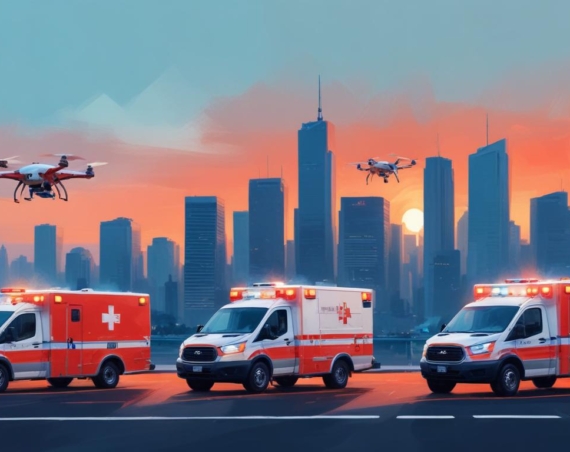
Opioids are legal narcotics that have become a massive part of our lives, which is quite tragic. While opioids are very effective in relieving pain, they also come with a ton of side effects. Their potential for abuse is well documented. Many patients have taken opioids for an actual painful situation, only to become hopelessly dependent on them. Even heroin, one of the most addictive drugs in the world, is an opioid. While not all patients start abusing these drugs, the potential is still there. That’s why health2delivery experts believe a new approach to handle painful situations is critical.
A cause for concern…!
Prescribed drugs, like morphine, oxycodone, and codeine, are popular household names. That should tell you how common is their use. According to an estimate, almost 50,000 Americans died from opioid overdose in 2020. No matter how you look at it, this is an alarming number.
Do opioids work for every painful condition?
Opioids are very effective in managing medium to severe pain, but they are not good enough for every painful condition. Opioids do poorly against many painful conditions, like menstrual cramping caused by D & C surgery and medical procedures done on the bladder, kidneys and uterus. These procedures do not involve much cutting. Therefore, opioids do not work as intended.
What are the alternatives?
Many alternate medicines for pain perform their function with the same efficiency as opioids but carry none of their addiction potentials.
- Non-Steroidal Anti-Inflammatory Drugs (NSAIDs) are alternate painkillers to opioids. In a lot of conditions, pain is caused by inflammation. NSAIDs work to relieve this pain by reducing swelling in the body. Motrin, Excedrin, and Advil are typical examples of NSAIDs.
- Acetaminophen drugs also work great in relieving pain. Their commonly known brands, Tylenol and Panadol, are effective in managing mild to moderate pain. However, these are not anti-inflammatory drugs. Instead, acetaminophen drugs work by blocking the release of an enzyme that causes painful sensations in the body. Opioids are no more effective at relieving pain than combining multiple non-opioid drugs, like ibuprofen and acetaminophen.
- Tricyclic antidepressants are non-opioid prescription drugs that are especially effective at relieving nerve pain. In addition, they treat depression as their primary function. Depression is considered a major cause of why people get addicted to prescription or non-prescription drugs. Therefore, antidepressants that treat pain, as well as depression, are doubly effective.
- Gabapentinoids also help treat pain by calming down over-firing nerves in the body.
- Anesthetics are another non-opioid avenue for treating pain. An injection of an anesthetic to the body part undergoing a medical procedure numbs it for a time. Anesthetics also work by acting on the nerves.
Some additional techniques
Following are some additional, completely drug-free treatments that can also help relieve mild to chronic pain.
- Ice therapy
- Massage
- Physical therapy
- Exercise
- Relaxation therapy
- Yoga
- Acupuncture
Last word
People use prescription opioids to relieve pain all over the world. Generally, opioids are safe to take for a short time. However, people that take opioids are also at risk for developing opioid dependence. Furthermore, the risks increase significantly when opioids are misused. Therefore, it is better to take the path of alternative medications and therapies that carry a lesser risk.




